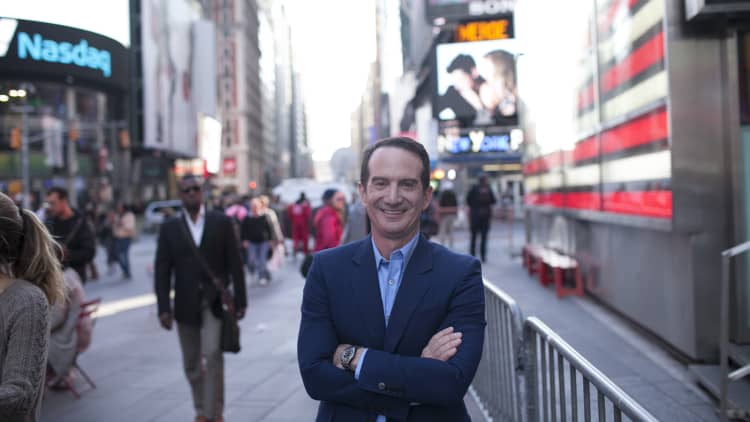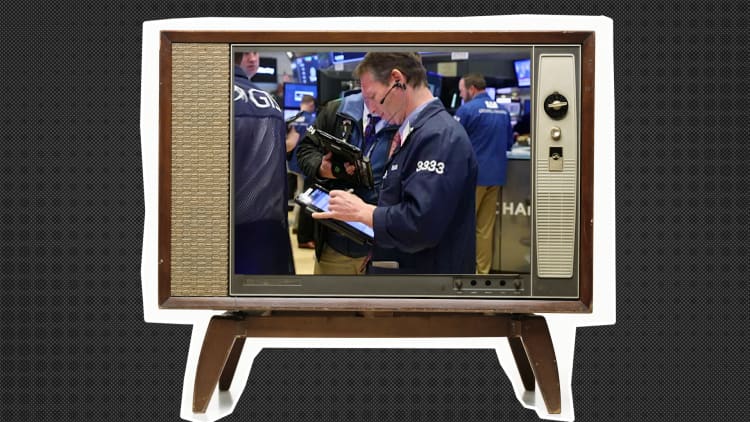Stock prices change every day, sometimes by shocking amounts. To the casual investor, the fluctuations can sometimes seem drastic and even frightening.
It can help to understand that prices often move because of supply and demand: If more investors want to buy a stock than sell it, the price goes up. If more investors want to sell a stock than buy it, the price goes down. A lot boils down to how investors feel about a company and the growth that they expect in the future, certified financial planner at Betterment Nick Holeman tells CNBC Make It: "Every investor has their own opinion on what the stock is worth." Those views are shaped by news like earnings reports, relevant current events and any positive or negative buzz about the company.
Stocks are forward-looking, says Holeman, "meaning, they're always trying to predict the future. You buy a stock because you think that it will go up in the future. Of course, it's going to be inherently difficult to predict the future and that's one of the reasons why there's so much fluctuation in prices."
The uncertainty that comes with investing in the stock market is why you tend to get good returns.
"You're basically getting compensated to take on that risk," says Holeman. "If the stock market was not as unpredictable, then there's less risk involved, which means that there's less reward involved."

He compares investing in the market to putting money in your savings account: "Your bank flat-out tells you, 'We will pay you 1 percent interest per year.' There is no uncertainty. You don't have to make any predictions about the future but, with that, you're accepting a lower rate of return."
The 10-year annual average return of the S&P 500, on the other hand, is 8.04 percent. If the stock market were predictable and stable, the returns would be probably be lower.
And while the markets go up and down every day, that doesn't mean there is significance to every move. "For long term investors, short term fluctuations are nothing to be concerned about," says Holeman.

Even when the market seems to be tanking, keep a level head and stay the course, says investing legend Warren Buffett. In response to wild market fluctuations back in 2016, he told CNBC that buy-and-hold is still the best strategy.
"Don't watch the market closely," he advised those worried about their retirement savings at the time. "If they're trying to buy and sell stocks, and worry when they go down a little bit … and think they should maybe sell them when they go up, they're not going to have very good results."
Rather, think long term and leave your investment alone, says Buffett: "If you aren't willing to own a stock for ten years, don't even think about owning it for ten minutes."
Like this story? Like CNBC Make It on Facebook!
Don't miss: Here's how many Americans call not investing in the stock market their No. 1 money regret




